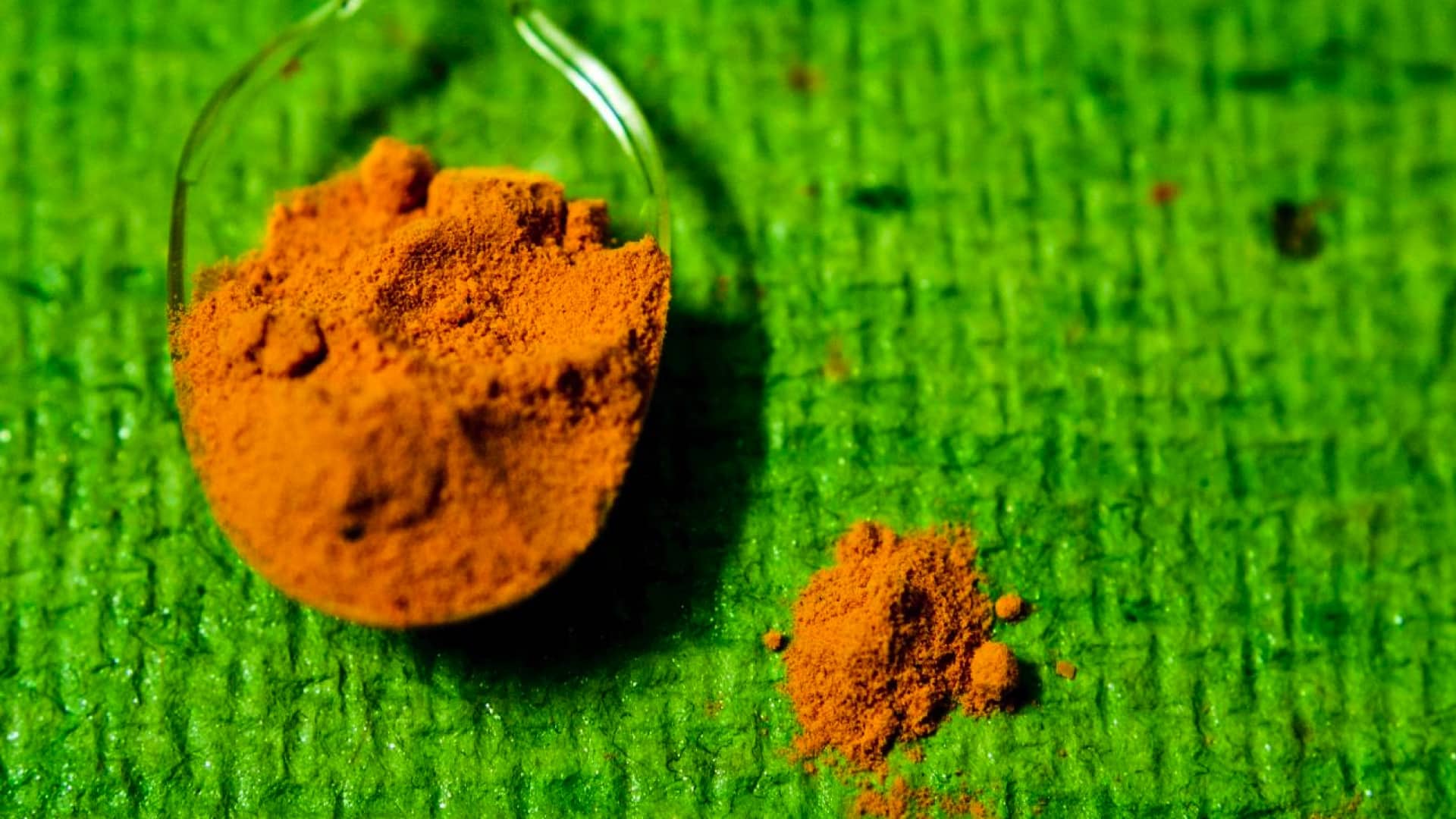Turmeric has myriad benefits, but there are some side effects to be aware of.
- DNA Damage: If you combine high-dose curcumin with black pepper, you get a 2,000 percent bioavailability boost. That kind of intake could elevate peak blood levels to the point where you start seeing some significant DNA damage–at least in vitro. So, simply incorporating turmeric into our cooking may be better than taking curcumin supplements, especially during pregnancy.
- Painful Contractions for Those with Gallstones: Curcumin may help protect liver function and actually help prevent gallstones by acting as a cholecystokinetic agent—meaning it facilitates the pumping action of the gallbladder to keep the bile from stagnating. It takes about a third of a teaspoon of turmeric every day to get a 50 percent contraction. That’s some incredibly powerful stuff! What if you had a gallbladder obstruction, though? If you had a stone blocking your bile duct and you ate around that much turmeric, your gallbladder would squeeze down hard, which could hurt like heck! So, patients with biliary tract obstruction should be careful about consuming curcumin.
- Kidney Stones: Too much turmeric, though, may increase the risk of kidney stones. It’s high in soluble oxalates, which can bind to calcium and form insoluble calcium oxalate, which is responsible for approximately three-quarters of all kidney stones. The consumption of even moderate amounts of turmeric would not be recommended for people with a tendency to form kidney stones.
In summary, those who are pregnant, have gallstones, or are susceptible to kidney stones may want to moderate their turmeric consumption. For everyone else, though, my Daily Dozen recommends at least ¼ teaspoon of turmeric a day so you can benefit from its antioxidative, anti-inflammatory, anti-carcinogenic, and even neuroprotective properties.
Learn more about who shouldn’t consume curcumin or turmeric by watching my video on the topic.
For recipes featuring turmeric, check out our Veggie Mac and Cheese, Chickpea and Vegetable Tagine, and Morning Grain Bowl.
To learn more about turmeric, visit our topic page, which covers a broad range of the latest evidence-based research.
